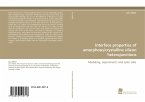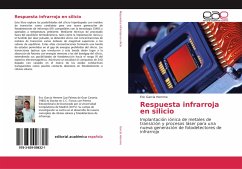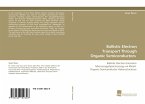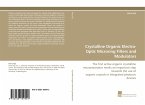Complementary metal oxide semiconductor (CMOS) technology, comprised of unipolar n- and p-type field effect transistors, has proven to yield circuits with low power consumption and high tolerance against device variations and noise. For organic electronic applications, however, the implementation of this technology has been hampered by the generally accepted idea of exclusive unipolar properties for organic semiconductors and their incompatibility with classical lithography. It is therefore highly desirable to control the polarity of organic field effect transistors (OFETs) by means other than the deposition of spatially separated semiconductors. The work at hand provides a solution to this challenge. It is demonstrated that, depending on the presence of electronic states at the dielectric interface, balanced unipolar n-, p-type or ambipolar behavior in one and the same organic semiconductor is possible. Using this idea, a selective control of the OFET polarity is substantiated by either the removal or the introduction of interfacial trap states. Furthermore, complementary OFETs with an identical device cross section as well as organic CMOS inverters are implemented.
Bitte wählen Sie Ihr Anliegen aus.
Rechnungen
Retourenschein anfordern
Bestellstatus
Storno








